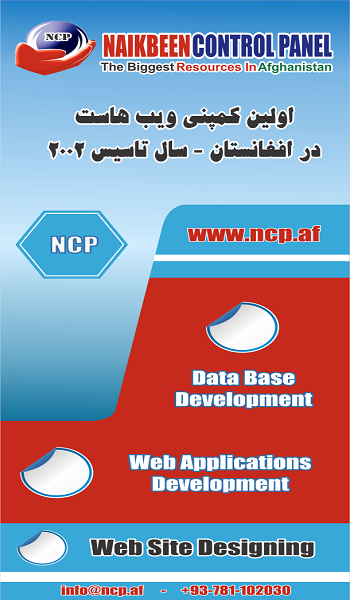CTG staff and support humanitarian projects in fragile and conflict-affected countries around the world, providing a rapid and cost-effective service for development and humanitarian missions. With past performance in 17 countries – from the Middle East, Africa, Europe, and Asia, we have placed more than 20,000 staff all over the world since operations began in 2006.
CTG recruits, deploys and manages the right people with the right skills to implement humanitarian and development projects, from cleaners to obstetricians, and mechanics to infection specialists, we’re skilled in emergency response to crises such as the Ebola outbreak in West Africa. Key to successful project delivery is the ability to mobilise at speed; CTG can source and deploy anyone, anywhere, in less than 2 weeks and have done so in 48 hours on a number of occasions.
Through our efficient and agile HR, logistical and operational services, CTG saves multilateral organisations time and money. We handle all our clients’ HR related issues, so they are free to focus on their core services.
Visit www.ctg.org to find out more
Overview of position
Treatment of severe acute malnutrition (SAM) is one of the key components of PND activities serviced through BPHS NGOS. It is primarily implemented in the emergency affected provinces where the prevalence of SAM is high. The services will be expanded as part of emergency response once there is emergency induced SAM cases. Therapeutic nutrition supplies (e.g F-75, F-100 and RUTF) are core elements of the services. PND manage the overall supply chain including forecasting, requesting, distributing, and collecting the reports on a quarterly basis.
Purpose of the post:
The main objective of this assignment is to support PND to manage quality IMAM services delivery as inpatient care and outpatient care. Also, to manage the therapeutic supply and minimize the nutrition supply stock outs through improved nutrition supply management system. The technical assistance will also be responsible for emergency related activities in PND including coordinating with Nutrition cluster.
Provinces in southern region has one of the poorest Routine Immunization coverages over the recent past and most districts are categorized as polio high risk. The sub-optimal routine immunization coverage contributes significantly to the polio high risk status. Aside immunization, and due to prolonged conflicts and inadequate access, deprivations for other health services (especially children and women services) and in WASH, education etc have further deteriorated the situation of children in the region. As a strategy to achieve polio free status in the region and address key child survival interventions, UNICEF has been implementing Integrated Service Delivery (ISD) through routine Immunization strengthening, provision of safe drinking water, education facilities etc. Through this agreement, UNICEF is supporting the recruitment of 56 vaccinators for Kandahar and 50 vaccinators for Helmand for a 1 year period. The objective is to accelerate coverage through enhanced vaccinations outreaches and deployment of female vaccinators at fix sites across selected health facilities in the 2 provinces.
Rational: Additional EPI vaccinators will assist the 2 provinces to fill in existing gaps (based on the national policy and contextual situations) to help reach more under 1-year children with EPI vaccines. Focus will be in many white and underserved areas that are not currently reached. This support will thus complement the existing vaccination activities for both BPHS and Non-BPHS facilities and all salaries/allowances of the additional vaccinators will be based on existing policies. The outreach vaccinators will also be provided with a motorbike from other funding sources to enable uninterrupted implementation of planned sessions.
While determining number and locations of additional vaccinators, following factors were taken into consideration-
· Total no of vaccine administered per site per day.
· Government regulation of minimum no of vaccinator per site.
· Considering formidable no of female beneficiaries, adding female vaccinators.
· White areas
· Areas that need outreach vaccination.
· To increase awareness, encourage greater community participation and ownership that creates demand for health service
Note: Due to the high volume of applications received, only short-listed candidates will be contacted. Please ensure that the e-mail address that you will indicate in your application is accurat.

